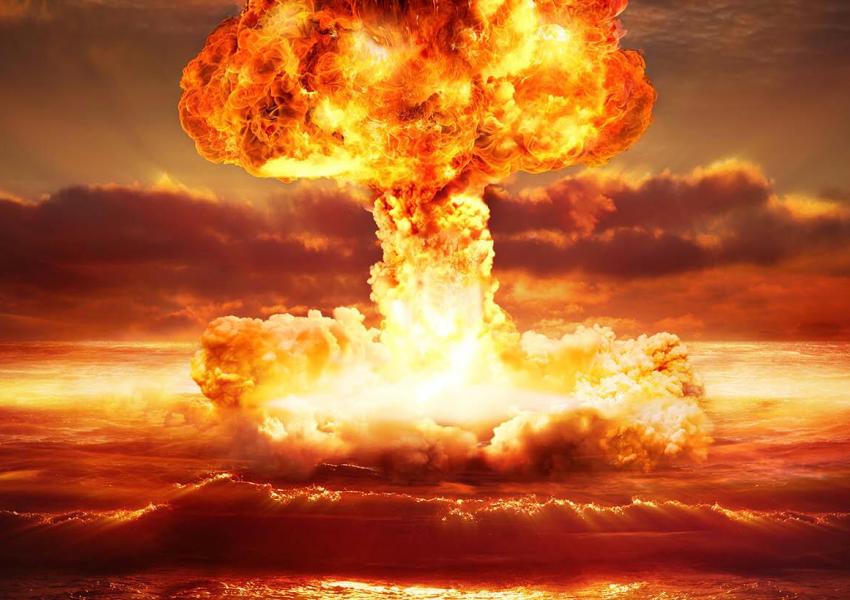
New Book Says Iran Has Mastered Nuclear-Bomb Making
A new book by physicist David Albright and chemist Sarah Burkhard will cause a stir by stressing the extent of the knowledge accumulated by scientists working in Iran’s nuclear program.
The Washington Post − given an advance copy of Iran’s Perilous Pursuit of Nuclear Weapons, due out next week − has highlighted the writers’ conclusion that when Iran in 2003 halted research into nuclear-bomb making, it had already mastered “nearly all the technical challenges of bombmaking and needed only a reliable source of fissile fuel – either enriched uranium or plutonium.”
Albright is unusual. The founder in 1993 of the Washington-based Institute for Science and International Security, he was a consultant weapons inspector with direct experience of Iraq, while regarded as a ‘hawk’ on Iran. The book comes as world powers, including the United States, continue talks with Iran in Vienna aimed at reviving Iran’s 2015 nuclear agreement, regarded by supporters as a non-proliferation breakthrough but described by former US president Donald Trump as “the worst deal in history.”
Albright and Burkhard had access to reams of documents reportedly stolen by Israeli intelligence from Tehran in 2018 – of which Iran says at least some are forged. The book reproduces some.
The authors argue that while Iran received enrichment equipment and designs from the network of Pakistani scientist AQ Khan, its research on detonation was indigenous. “This design was not a copy, but the product of a sophisticated nuclear weapons team, backed by sophisticated computer codes,” they write. This was a skillful team carrying out “refinements to the design, including additional miniaturization” of a potential warhead.
Killing Scientists
Might this role of scientists explain why since 2010, at least five have been murdered and at least one escaped assassination? Have the killings, widely attributed to Israel, hampered Iran’s nuclear progress?
Albright and Burkhard describe Mohsen Fakhrizadeh, killed in November, as the “undisputed leader” of Iran’s nuclear program, but while his death was a “loss [that] may be felt the most during any nuclear breakout,” Iran still has “developed a sophisticated capability to make nuclear weapons.”
Albright’s emphasis on knowledge and experience was reflected in his skeptical comments in April when some analysts claimed the attack on Natanz, widely linked to Israel, had badly set back the Iranian nuclear program. In fact, Tehran quickly responded by increasing the level of enrichment from 20 to 60 percent.
Perilous Conclusions
In March, when Iran was enriching to only 20 percent, Albright told the Heritage Foundation that while some western officials thought it would take Iran two to three years to produce a nuclear warhead, he believed it could explode a test device within nine months, build a nuclear weapon in a year, and put a nuclear warhead on a ballistic missile in two years.
The Post’s analysis of the book doesn’t reach the question of what conclusion politicians should draw from Albright and Burkhard’s emphasis on knowledge. With Iran having acquired experience and know-how, would a revived 2015 nuclear deal be hopelessly inadequate? Or, alternatively, all the more essential?
Jon Wolfsthal, an adviser to President Barack Obama on nonproliferation, told the Post that reviving the 2015 deal would once again limit the amount of enriched uranium held by Iran – both in terms of returning to an enrichment cap of 3.67 percent and cutting back a stockpile of low-enriched uranium that is now 14 times what it was when Trump left the deal in 2018.
“The know-how and technology to build a bomb is not as high a barrier to going nuclear as it once was, and the focus on weapon-usable material remains the right focus,” Wolfsthal said.





